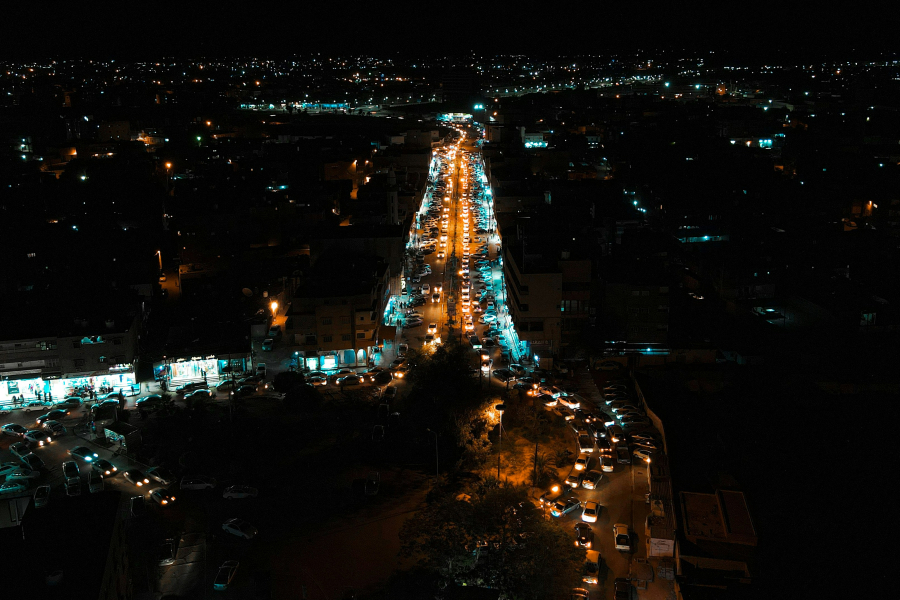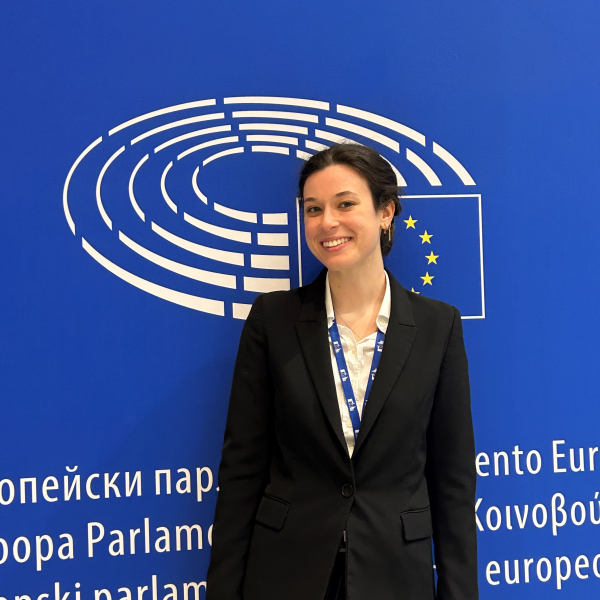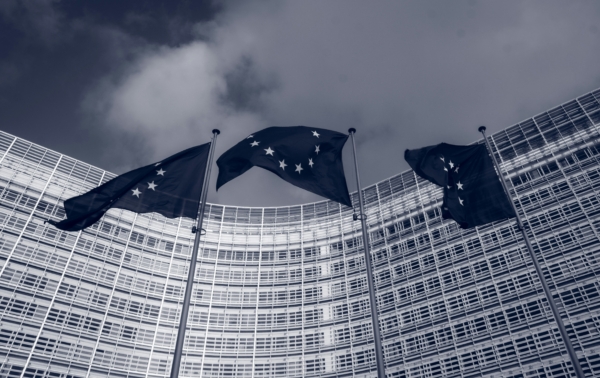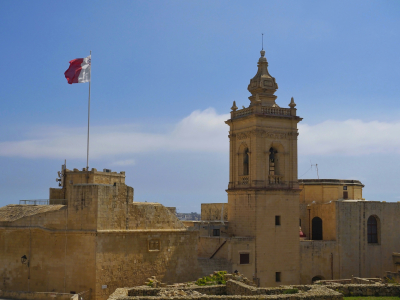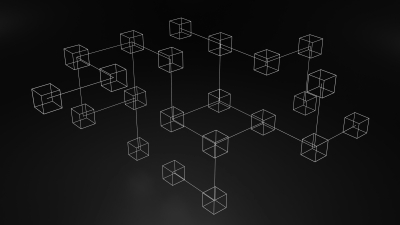What’s at stake?
The EU Southern Neighbourhood covers ten countries across North Africa and the Middle East with which the EU maintains close political, economic and security ties. Corruption is a prevalent and widespread issue across the region, hampering social and economic growth and undermining trade agreements. It also hinders investment in schools, healthcare and other key infrastructure. Despite its corrosive impact, corruption is still too often seen as part of daily life.
The 2024 Corruption Perceptions Index highlights persistently low scores across most of these countries and efforts to prevent corruption remain underdeveloped. Policies that encourage citizens or investigative journalists to report wrongdoing are weak or non-existent, and no country allows for effective anonymous reporting. Nor has any country yet made it standard practice to investigate the assets of individuals suspected of corruption.
Corruption is often closely linked to illicit financial flows, which drain resources away from development. High-profile cases, such as the asset confiscation following the fall of Tunisia’s President Ben Ali, illustrate how corruption has enabled the offshoring of public wealth from the region.
Illicit financial flows are difficult to track due to secrecy and poor data, but existing estimates are staggering. Between 1980 and 2009, up to USD 1.4 trillion left Africa illicitly, with North Africa accounting for nearly a third. Egypt, Libya, and Algeria ranked among the top five countries with the highest illicit financial flows in Africa between 2000 and 2009.
Despite some progress being made in recent years, the region continues to face challenges in strengthening anti-corruption enforcement mechanisms, expanding whistleblower protections, and building effective asset recovery networks. No country in the region has adopted practices to ensure recovered assets are used for public benefit.
What we’re doing about it
This project seeks to build a comprehensive network and engage a wide range of stakeholders in the fight against corruption across the EU Southern Neighbourhood. Recognising that progress depends on collaboration, it focuses on forging partnerships with diverse actors committed to advancing integrity and accountability.
The immediate beneficiaries and national stakeholders include, among others, civil society organisations, investigative journalists, governmental institutions responsible for adopting policies to prevent corruption, and financial disclosure monitoring officials, as well as researchers from both inside and outside the region who have in-depth knowledge of the nuances and unique characteristics of corruption in the EU’s Southern Neighbourhood.
Our approach
Through Transparency Now, we are delivering targeted support for policy reform, technical advice, and peer-to-peer collaboration to strengthen anti-corruption mechanisms and encourage reporting in the EU Southern Neighbourhood. Our outputs include:
- Publishing reports that provide recommendations for policy and operational changes.
- Providing expert advice to policymakers to support the drafting of policies, including those that protect whistleblowers and journalists; strengthen administrative sanctions against those involved in unethical misconduct; and mechanisms to sanction individuals for false reporting.
- Hosting capacity-building workshops for civil society and media that provide tailored advice on uncovering and reporting corruption, including cross-border cases, and on engaging effectively with government actors.
- Providing expert technical advice to financial disclosure monitoring officials to help strengthen reporting systems, improve enforcement, and ensure disclosures are transparent and accessible to the public.
